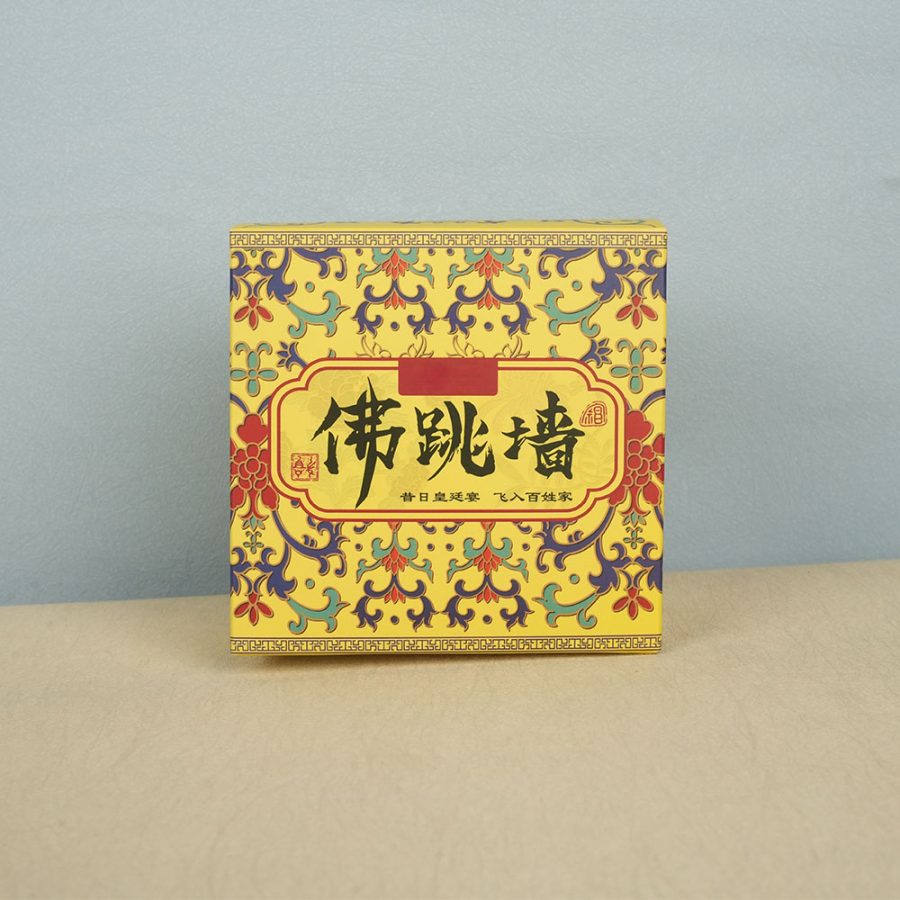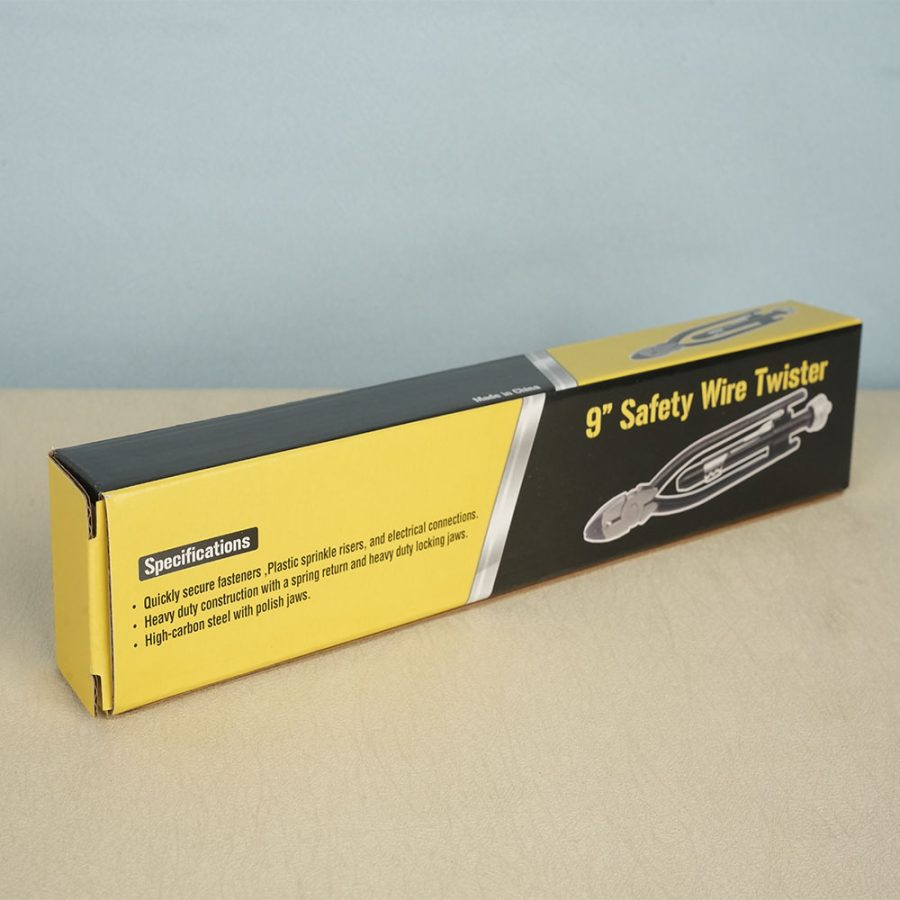The Future of Custom Box Manufacturing: Innovations and Trends
The custom box manufacturing industry is undergoing a transformative shift, driven by advancements in technology, sustainability demands, and changing consumer preferences. As businesses face the challenge of standing out in an increasingly crowded market, custom packaging has become a powerful tool not only for branding but also for improving efficiency, reducing costs, and minimizing environmental impact. In this article, we will explore the key innovations and trends shaping the future of custom box manufacturing.
1. Automation and Artificial Intelligence in Manufacturing
One of the most significant advancements in custom box manufacturing is the integration of automation and artificial intelligence (AI). Automation allows manufacturers to streamline production processes, reduce labor costs, and ensure a higher level of precision in packaging design. Automated machines can cut, fold, and assemble boxes with minimal human intervention, leading to faster turnaround times and lower error rates.
AI plays a pivotal role in improving design processes by enabling smarter packaging solutions. AI-driven software can analyze consumer data to predict packaging preferences, helping businesses create designs that resonate with their target audience. Additionally, AI can optimize box dimensions based on the size and shape of the product, reducing material waste and improving the overall efficiency of the supply chain.
As these technologies continue to evolve, custom box manufacturers will have the ability to offer more personalized solutions at scale, meeting the increasing demand for high-quality, tailor-made packaging at competitive prices.
2. Sustainability: Eco-Friendly Materials and Practices
Sustainability is no longer just a buzzword – it's a necessity for businesses aiming to stay relevant in today's environmentally conscious market. Consumers are becoming increasingly aware of the environmental impact of their purchasing decisions, and many prefer brands that prioritize sustainable practices. As a result, custom box manufacturers are turning to eco-friendly materials and manufacturing processes to reduce their carbon footprint and support the circular economy.
Recyclable and Biodegradable Materials: Traditional packaging materials, such as plastic, are slowly being phased out in favor of recyclable and biodegradable alternatives. Custom boxes made from recycled paper, cardboard, and plant-based materials are gaining traction. These materials not only help reduce waste but are also easier to recycle, contributing to a more sustainable packaging lifecycle.
Plant-Based Inks and Water-Based Coatings: Printing custom boxes often involves the use of inks and coatings that can contain harmful chemicals. The future of custom packaging will see a shift toward plant-based inks and water-based coatings that are non-toxic, biodegradable, and less harmful to the environment. These eco-friendly alternatives ensure that custom boxes are safe for the planet from start to finish.
Zero-Waste Manufacturing: Manufacturers are increasingly adopting zero-waste practices in their production processes. This involves minimizing waste by using every part of the raw materials, recycling scraps, and reusing materials in subsequent production runs. The goal is to create a more sustainable packaging solution without generating excess waste or contributing to landfills.

3. Smart Packaging: Integration of Technology
The rise of smart packaging is revolutionizing the custom box manufacturing industry. Smart packaging integrates digital technologies like QR codes, NFC (Near Field Communication) chips, and RFID (Radio Frequency Identification) tags into packaging, offering a host of benefits for businesses and consumers alike.
Interactive Packaging: QR codes and NFC chips embedded in custom boxes can allow consumers to interact with the product in new and engaging ways. For example, scanning a QR code can provide instant access to product information, instructional videos, or even promotional content. This added layer of interaction enhances the customer experience and creates a more personalized relationship between the brand and the consumer.
Track and Trace Technology: Custom boxes equipped with RFID tags or NFC chips enable real-time tracking of packages as they move through the supply chain. This not only helps businesses optimize inventory management but also improves customer service by providing accurate delivery tracking. Smart packaging can help reduce lost or delayed shipments, resulting in a more efficient and reliable delivery process.
Sustainability Insights: Smart packaging can also help track the sustainability of a product's journey. For example, businesses can monitor the carbon footprint of their packaging by tracking how many times it has been reused or recycled. This data can be used to improve packaging decisions and further reduce environmental impact.
4. Personalization and Customization: Meeting the Demands of the Modern Consumer
As the e-commerce industry continues to grow, so does the demand for unique, personalized experiences. Custom packaging plays a critical role in this shift by offering a way for businesses to make a lasting impression on their customers. Personalized packaging can elevate the customer experience and create stronger emotional connections with a brand.
On-Demand Customization: The future of custom box manufacturing will allow businesses to offer on-demand customization, where customers can design their own packaging. For example, brands may offer a variety of customizable options, such as box size, color, material, and print design, allowing customers to tailor the packaging to their preferences. This level of customization can also extend to businesses that wish to create personalized packaging for promotional events or limited-edition products.
Enhanced Unboxing Experience: The unboxing experience is a powerful moment for consumers, especially in the e-commerce space. Custom boxes designed with attention to detail can create a memorable first impression and foster a sense of excitement and satisfaction. Brands are increasingly focusing on creating aesthetically pleasing, functional, and interactive packaging that goes beyond mere protection and becomes part of the overall brand experience.
Small-Batch, Personalized Orders: Custom box manufacturing will also see a rise in small-batch, personalized orders. E-commerce businesses will be able to produce low quantities of unique packaging without incurring the high costs associated with mass production. Advances in digital printing technology will make it more affordable for small businesses to create limited-edition or seasonal packaging designs.
5. 3D Printing: Revolutionizing Custom Packaging Design
3D printing is another innovative technology that is set to transform custom box manufacturing. This technology allows businesses to create intricate, complex designs without the need for traditional tooling and molds. 3D printing offers several advantages in custom box manufacturing, including:

Rapid Prototyping: Businesses can quickly prototype and test new packaging designs before committing to full-scale production. This allows for more flexibility and creativity in the design process.
Cost-Effective for Small Runs: Unlike traditional manufacturing, which requires costly molds and tooling, 3D printing is highly cost-effective for producing small batches of custom packaging. This makes it an attractive option for startups or businesses with limited runs of specialized products.
Design Freedom: 3D printing allows for intricate and innovative packaging shapes that would be difficult or impossible to create with conventional methods. This opens up new possibilities for creative, unique packaging designs that stand out on the shelf or in the digital marketplace.
Conclusion
The future of custom box manufacturing is bright, with technological advancements, sustainability initiatives, and evolving consumer preferences driving significant change in the industry. From automation and AI to smart packaging and 3D printing, the opportunities for innovation in custom packaging are vast. As businesses continue to recognize the importance of packaging in branding, consumer experience, and sustainability, custom box manufacturers will play an increasingly crucial role in shaping the future of packaging solutions. By embracing these innovations, businesses can create packaging that not only meets their functional needs but also supports their environmental goals and resonates with the modern consumer.







